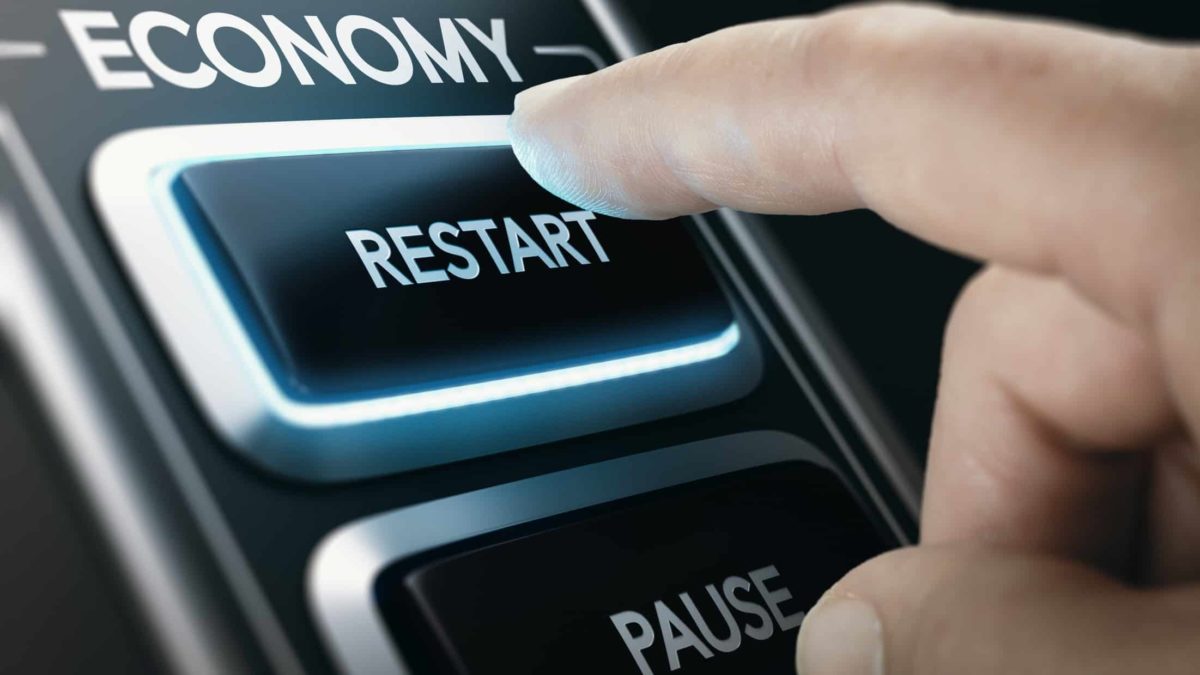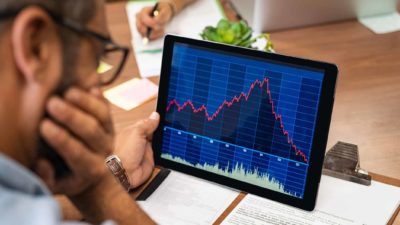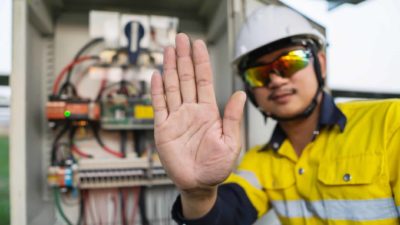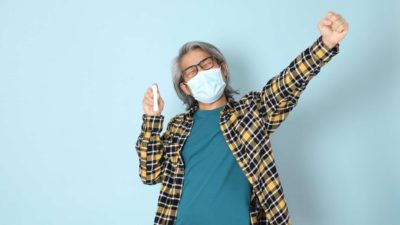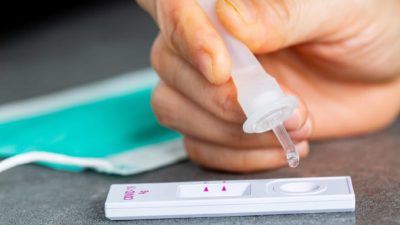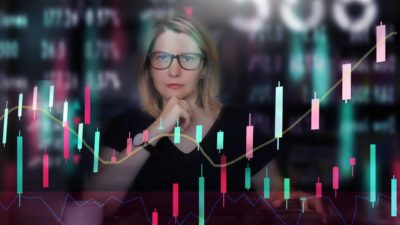Capitalism is effectively on hold in the year of the COVID-19 pandemic.
Most developed nations, including Australia, have had to hand out massive public assistance to their citizens and businesses to save them from going broke.
The effectiveness of those schemes have varied from country to country.
Nucleus Wealth head of investments Damien Klassen said the government was forced into such intervention to fight a specific macroeconomic effect.
"We don't want bankruptcies to snowball into more job losses, into a housing market crash, into more defaults and so on," he wrote on the Nucleus blog.
"So, by delaying the start, it creates a calm spot, the eye of the storm."
However, it has had to be careful to not damage the economy with a second subsequent effect.
"We don't want the lack of bankruptcies to mean that the over-indebted who aren't paying their bills start bringing down people who weren't over-indebted. This is the second half of the storm."
Governments were hoping for a short and sharp shutdown of the economy before a V-shaped recovery followed.
But an effective treatment, cure or vaccine hasn't come along quickly. And most countries are now dealing with a prolonged recession and even a second wave of the virus.
Everyone agrees we have to get back to capitalism
Klassen said governments would now be tempted to push out more assistance, but questioned whether that would be wise.
"The issue is that the second [effect] grows bigger every day. By pulling the first lever again, if we don't get a cure or vaccine, then there is now a much larger problem."
It's a dilemma with no easy answers.
S&P Global Ratings predicts prolonged negative pressure on corporate results as government support eventually runs out.
"We believe more pain is likely in companies' earnings amid the weakest macroeconomic environments in decades," said S&P Global Rating credit analyst Richard Timbs.
"The fallout from the pandemic has yet to fully play out across the Australian and New Zealand corporate landscape."
The ratings agency stated government stimulus would "remain a key swing factor" in any recovery.
The Business Council of Australia (BCA) is a group that represents, among others, Commonwealth Bank of Australia (ASX: CBA), Westpac Banking Corp (ASX: WBC), National Australia Bank Ltd (ASX: NAB), Australia and New Zealand Banking Group Limited (ASX: ANZ), Macquarie Group Ltd (ASX: MQG), AGL Energy Limited (ASX: AGL), BHP Group Ltd (ASX: BHP), Coca-Cola Amatil Ltd (ASX: CCL), Coles Group Ltd (ASX: COL), Wesfarmers Ltd (ASX: WES), Telstra Corporation Ltd (ASX: TLS), Scentre Group (ASX: SCG), Qantas Airways Limited (ASX: QAN), and ASX Ltd (ASX: ASX) itself.
BCA chief Jennifer Westacott admitted on television last week that the current situation of heavy subsidies is artificially inflating corporate results.
"We always knew that JobKeeper was sort of like a blunt but necessary instrument. But it has had this weird effect," she told Sunrise.
"[Companies] are on a bit of a sugar hit. We've got to stay on the timetable to move off JobKeeper and get things back to normal because it is having that distortionary effect."
According to Westacott, "real-world data" suggests Australian businesses have lost $30 billion from their bottom line.
But how do we return to capitalism?
Westacott said next month's federal budget would have a bearing.
"Part of the job, I think, of the October budget is to get the confidence back in the community and in business so that people start spending money again," she said.
"You've got to carefully reopen things so you can get activity going again."
According to Klassen, given the choice between "short term pain for a large amount of economic gain" and "short term gain for a large amount of economic pain", governments inevitably choose the latter.
"The rules are rolling off around the globe — my expectation is that this will create at least some sense of normalcy," he said.
"But there are already countries extending provisions until the end of the year or beyond. [This] makes it difficult to assess when the eye of the storm will pass, and the second half will begin."
And what if we don't return to capitalism?
There is an alternative: Things never return to the way they were.
That COVID-19 has changed the economic and market fundamentals forever.
"We have a checklist of a dozen decisions that governments and central banks can make that will eventually suspend capitalism," Klassen said.
"A few of the items have already been checked off the list. The more that get implemented, the closer we get to a genuinely new paradigm."
But a complete reworking is unlikely. Klassen said capitalism will be permanently suspended only if government actions "become increasingly radical".
"Effectively central banks and governments bailing out and propping up most failing businesses, turning the world's capital markets into a herd of state-owned entities that will 'kill the village in order to save it'."
